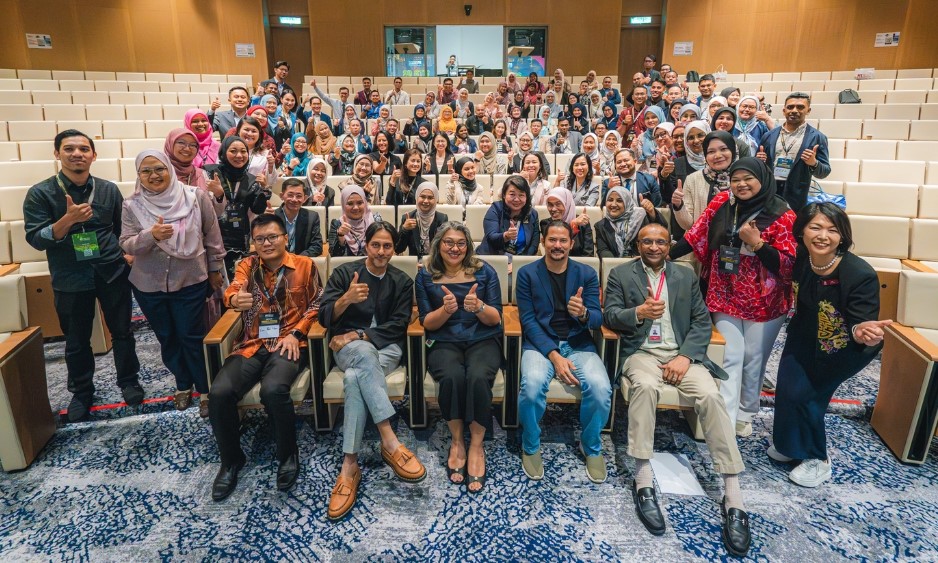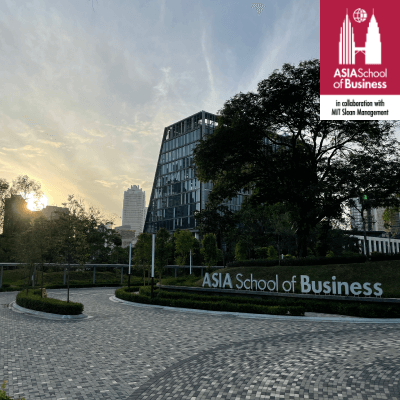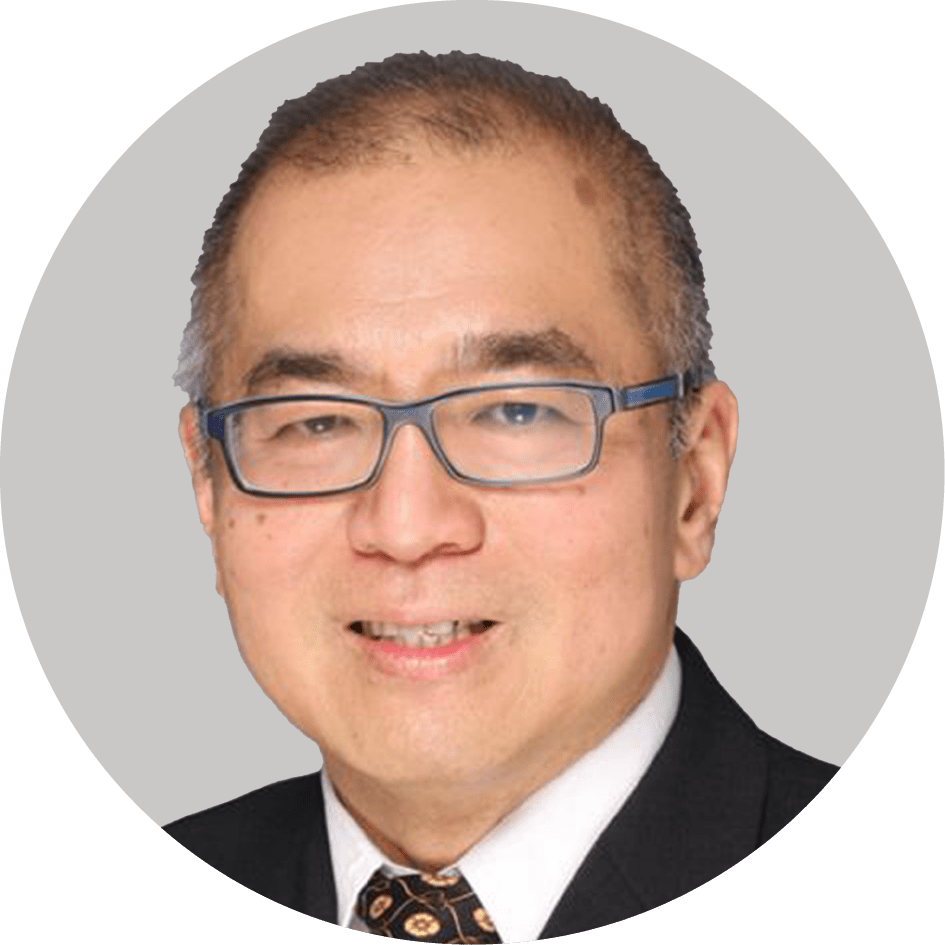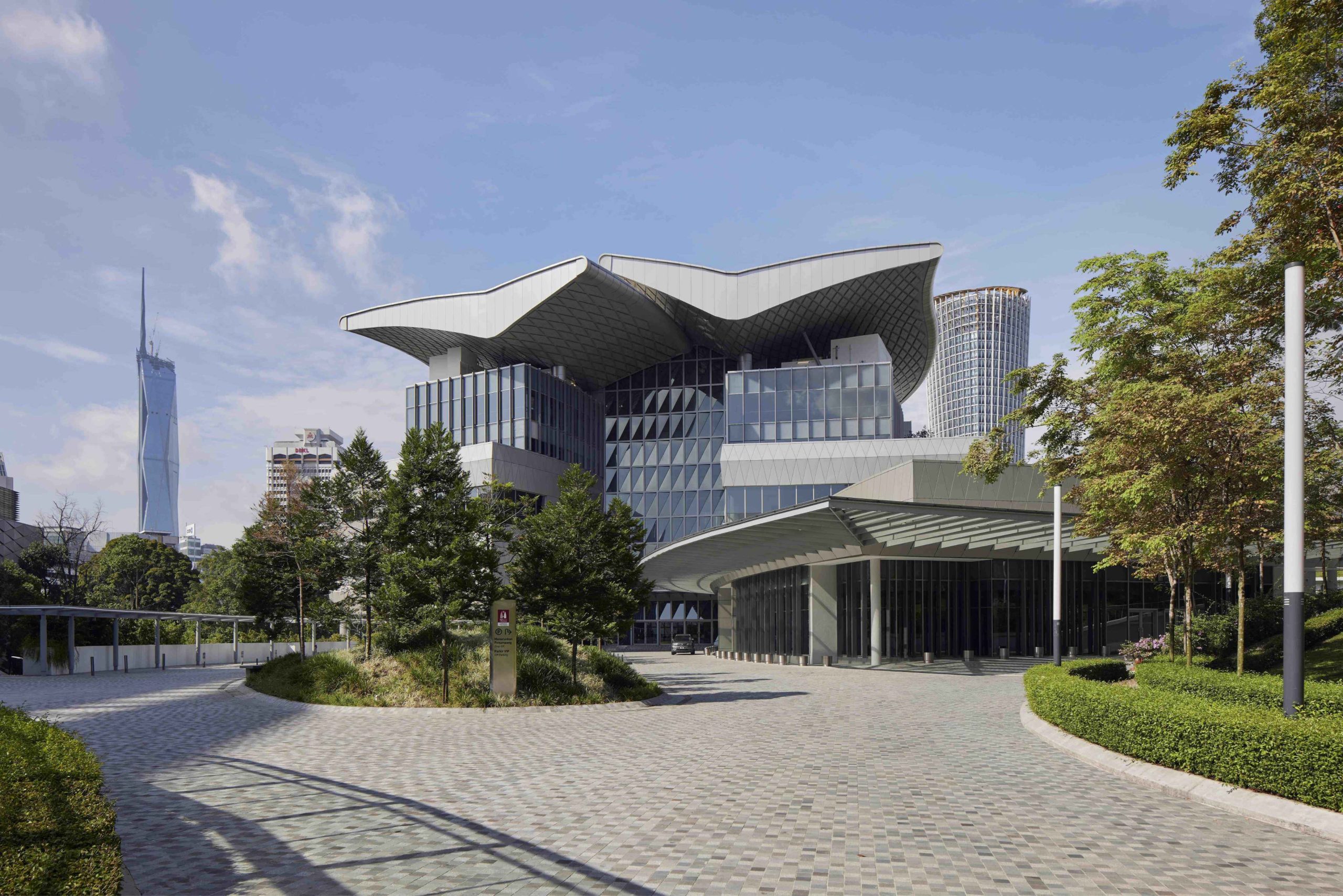- About

Established in 2015 in collaboration with MIT Sloan Management, our vision is to be a global knowledge hub, with regional insights from Asia and the emerging world.
- Faculty & Research

ASB’s research centers conduct impactful research in emerging markets, business strategies, technology, and sustainability. Together, they foster innovation in the business landscape.
- Academics

The ASB curriculum seamlessly integrates MIT Sloan’s rigor with the strategic insights of Asia. With MIT Sloan Immersion and Industry Treks, it immerses future leaders in a diverse range of industries.
- ACE

ASB has launched Agile Continuous Education (ACE), a granular set of hybrid courses that are designed to keep professionals at the forefront of their fields.
- Executive Education


ASB provides executive education programs covering corporate governance, general management, and finance, including the mandatory Financial Institutions Directors’ Education (FIDE) programs.
- Innovation
- Corporate

ASB excels through dynamic collaborations, addressing business challenges with innovation, built on robust partnerships.

June 16, 2025
Date
9:00 AM – 5:00 PM
Time
RM 3,000*
Program Fee
In-Person
Format
Overview
Interest in sustainable finance have spiked in recent years. Investors, both retail and institutional, are increasingly looking for Sustainability-focused or ESG funds as investment opportunities that could possibly enhance the value of their portfolio performance.
This program will examine the key drivers behind the increased interest in sustainable finance that incorporates ESG considerations in the financing or investing process. The critical role of sustainable finance in the entire financing eco-system will be highlighted.
The program will provide insights for those who offer or would like to offer sustainable financial products as well for those who want to make investments in them. It will discuss different asset classes and their suitability as sustainable finance options. For investors and potential investors, the program will introduce methods and approaches to evaluate such products especially highlighting the pitfalls of greenwashing. It will also discuss the use of rating models.
The program will also consider the inherent risks and challenges in offering sustainable financial products; and the need for transparency in communicating with investors and clients alike based on their risk appetites and requirements.

- Explain the key driving forces and motivation for Sustainable Finance in the investment landscape;
- Explain the different approaches in evaluating sustainable financial products within the universe of the sustainable investing asset classes;
- Identify the issues that Sustainable Finance/Investing seeks to address and their role in the investment process;
- Identify appropriate sustainable finance/investment for their organizations;
- Explain the opportunities, benefits and challenges of Sustainable Finance/Investing including new and developing trends.
- Board of directors
- Senior management of financial institutions and corporations
- Anyone else who might find the program helpful.

Khoo Guan Seng
Faculty Profile
Dr. Khoo Guan Seng has over 28 years of experience in the design and implementation of enterprise-wide investment, banking and risk management models, systems and processes, including ESG/responsible investing. He gained deep practical insights from a career with financial institutions in the US, Canada, UK and Singapore, including the Man Group, where he was the Principal Scientist, designing and running an algorithmic AI-based hedge fund; and American Bourses Corporation, which provided robo-based analytical solutions and financial info-utilities to traders and investors.
He has also served at ATOS Origin, RHB Capital, Singapore Exchange, Standard Chartered Bank, Temasek Holdings, Alberta Investment Management Corporation (AIMCo), Changi Airports International, and the Alliance to End Plastic Waste (AEPW). He holds a PhD in Computational Physics (Material Science) from the National University of Singapore, with post-doctorate R&D in AI-based data mining and applications in Japan and the US.
When he was the Head of ERM/GRC at AIMCo, he was also the Head of Proxy Voting and a member of the investment committee involved in approving investments via relationship investing/stakeholder engagement, e.g., in Environmental Resources Management and Glass Lewis. He also helped establish AIMCo’s Responsible Investing Unit in 2011.
Over the last few years, he has led initiatives in sustainability-related project and impact financing and education, including at AEPW, and in sustainable investing seminars for the investment management and banking industries, at SMU, Salmon Thrust and London Business School’s SWF Academy.
As an academic at Nanyang Technological University, he co-designed the first environmental science module (as a free elective for all NTU undergrads) in 1997, which included teaching on the effects of climate change on human society and biodiversity. He published A Guide to the Flora and Fauna of Schools in Singapore in 1991 and also participated in a Malaysian Nature Society scientific expedition to the Endau-Rompin forest reserve in Malaysia in 1989 to investigate and research the changing state of biodiversity due to climate change and human interactions.
Connect with us to start
Sustainable Finance
RM 3,000*
Fee excludes accommodation at ASB Residential for outstation/ overseas participants but can be arranged at additional cost.

RM3,000.00
Program Fee